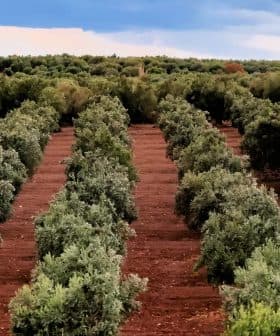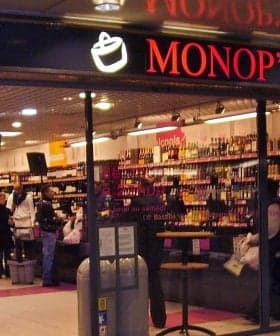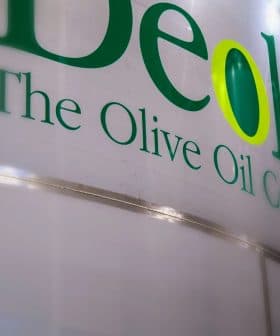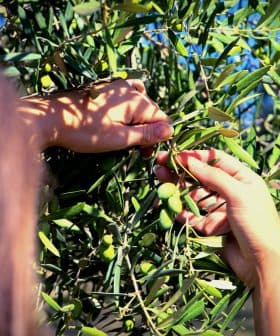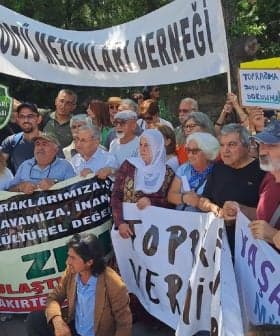Court Rejects Relevance of Davis Study in Dismissing Case Against Deoleo
The U.S. District Court for the District of Columbia accepted Deoleo’s motion to dismiss a class-action lawsuit citing what it called its "meager factual content."
The U.S. District Court for the District of Columbia dismissed a lawsuit filed by Kevin Fahey on behalf of the public, claiming that Bertolli extra virgin olive oil is mislabeled, citing lack of evidence and the inability to connect a 2010 study to the product in 2018. The court found that the 2010 study did not provide sufficient support for the claims of mislabeling, and rejected the lawsuit.
Suspiciously hot on the heals (six days after publication to be precise) of a $7‑million settlement of a class action suit against Deoleo reached in March 2018, Washington D.C. plaintiff Kevin Fahey, on behalf of the general public of the District of Columbia, sought to revive claims that Bertolli extra virgin olive oil is still not in fact what it claims to be.
This meager factual content is not enough for the court to draw the reasonable inference that Deoleo is liable for the misconduct alleged.
On November 8, 2018, U.S. District Court for the District of Columbia accepted Deoleo’s Motion to Dismiss the suit.
As part of the March 2018 settlement, Bertolli agreed to ensure that ‘Made in Italy’ meant just that — to bottle its product in protective green glass and to apply stricter testing protocols during the bottling process.
In the new action, Plaintiff Fahey sought to revive claims that Bertolli’s EVOO is in fact still not EVOO in violation of D.C. Consumer Protection Law that makes it unlawful “to engage in an unfair or deceptive trade practice, whether or not any consumer is, in fact, misled, deceived, or damaged…” Deceptive practices include “represent[ing] that goods or services are of a particular standard, quality, grade, style or model if in fact, they are of another.”
Fahey supported his claim that Bertolli deceptively mislabeled a bottle of olive oil that he purchased in 2018 solely on basis of the 2010 study on olive oil quality conducted by the University of California at Davis. Judge Christopher Cooper, however, was having none of it. Rejecting this “meager ‘factual content’” as valid support for the allegations, he said that the Court would have to indulge in methodological, temporal and geographic assumptions (all dubious in his view) to accept Fahey’s claim.
See Also:United States District Court Memorandum OpinionMethodologically, he rejected that a 2010 Study could support claims about Bertolli EVOO in 2018. Judge Cooper noted not only the small scale of the 2010 tests (3 bottles of different lots) but that the samples of Bertolli oil in that study had satisfied the chemical criteria of the EVOO classification but fell short only in the taste tests. He found that by their nature these tests were subjective and noted that even in the 2010 study, the International Olive Council standard states they should have merited a second panel of testers to verify the first.
On the temporal front, Judge Cooper cited the fact that if by its nature olive oil would vary from lot to lot, it would certainly vary from year to year and season to season. He queried why tests done in 2010 on Bertolli EVOO should have any bearing on its product in 2018.
Finally, he noted that because bottles purchased in California do “not plausibly suggest that the bottle Fahey purchased [in D.C.] was similarly deficient, much less that every bottle sold in D.C. was as well.” He supports this with a finding in a 2011 case involving EVOO sold in Florida where the claim was also rejected.
While on the one hand, the granting of Deoleo’s Motion to Dismiss rested on Fahey’s almost total lack of evidence to support his, let alone ‘the people of Washington D.C.’s’ claim, the tone of the grant would suggest that this bandwagon just may have come to a screeching judicial halt and that the effects of the often-cited 2010 Davis study may have run their course.


